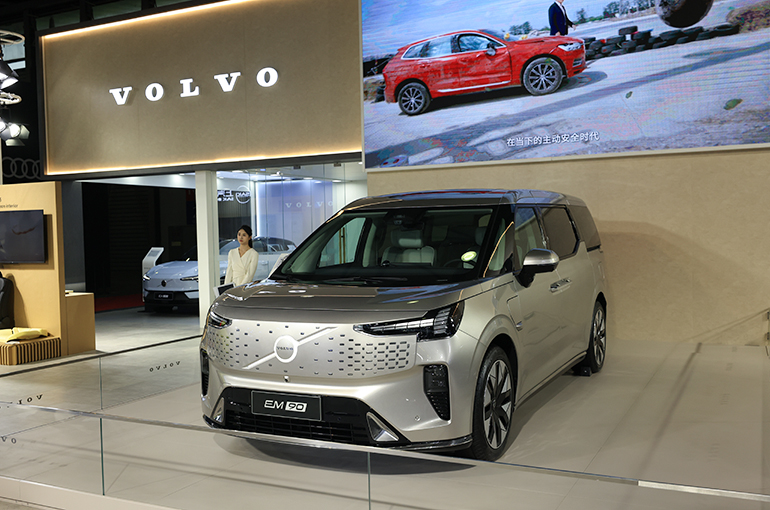Select Language:
Volvo Cars, a division of Zhejiang Geely Holding Group, is set to overhaul its dealer appraisal system in China to emphasize customer service rather than sales targets. Additionally, the brand plans to implement a uniform pricing model nationwide following a decline in first-half sales.
The redesigned system aims to shift dealer incentives towards service-based commissions instead of volume-based rebates. This change will allow dealers to focus more on consumer-oriented activities such as needs analysis, brand education, and test drives, rather than engaging in price negotiations.
The “one-price” policy will establish consistent vehicle pricing across all dealerships in the country. This move challenges the traditional dealership approach, where price negotiations—made possible by opaque pricing—have historically been a main revenue source.
This transition comes as the Swedish automaker works to reverse a performance downturn in China, the world’s largest auto market. Sales decreased by 10% to 70,489 units in the first half of the year compared to the previous year. However, last month experienced a slowdown in the decline, with sales dropping only 3%.
In recent years, traditional automakers have been losing market share to new energy vehicle manufacturers in China. An increasing number of dealerships for established brands have faced closures. For example, last October, several BMW dealerships operated by Singapore-based GA Holdings were threatened with closure, and in the past two months, several authorized Mercedes-Benz dealers managed by Hangzhou-based lifestyle service company BLD-me had their franchises revoked.
These developments have raised concerns among car owners regarding their rights related to maintenance and extended warranties. They also reflect growing tensions between automakers and dealerships, with further changes to the sales models of luxury brands anticipated.






